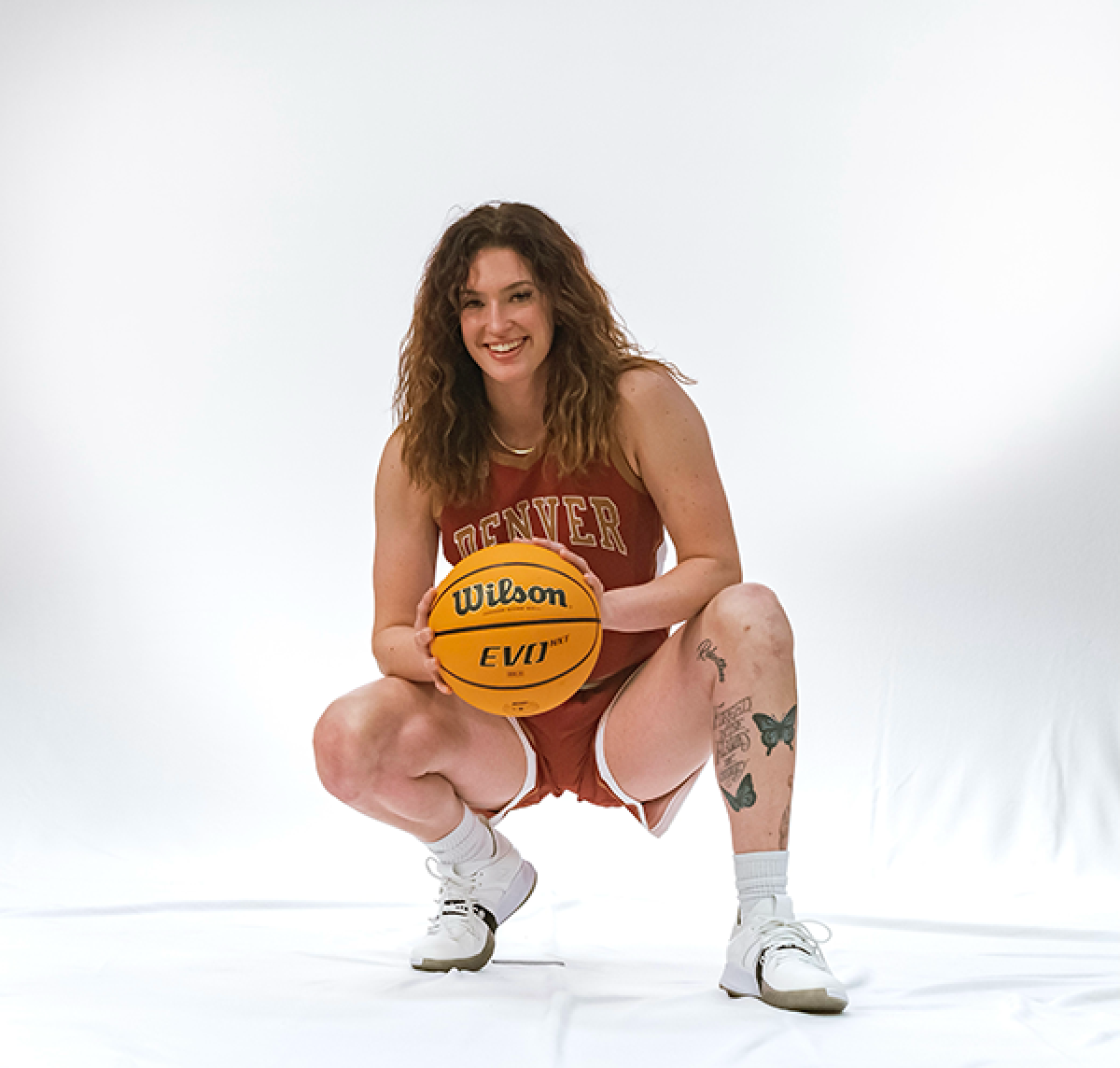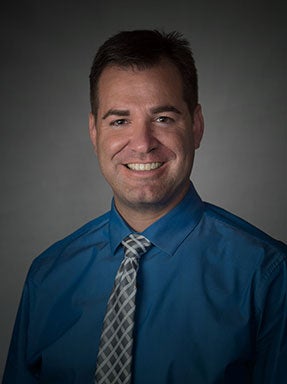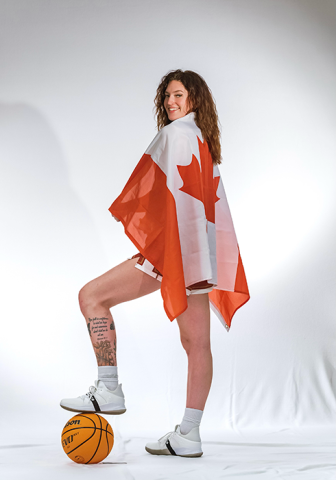Adversity on the Court Opens Doors to New Opportunities

For Sophia Zulich, her journey to the University of Denver and her four years on campus were far from what she had expected.
Growing up in Ontario, Canada, she left home at age 14 to attend preparatory school and compete in Canada’s first female basketball prep circuit. After graduating, she was still undecided on where to attend college.
“Denver actually found me,” she says. “I got the offer to come to Denver in August, which is really late in the year, after a spot [on the women’s basketball team] had opened up. The academic environment here, as well as the athletic environment, is really what drew me in.”
In her first year with the Pioneers, Zulich played sparingly in nearly all the team’s games. Heading into her sophomore season, she was expecting to make a bigger impact, but then she received the news no athlete ever wants to hear. During a pick-up basketball game, she collided with another player, their knees crashing together, and knew instantly that something didn’t feel right. An MRI confirmed she had torn her left ACL.
“It was pretty devastating,” she recalls. “I was ready to come back and put work in and have a much larger role than I did my freshman year and show people that I am able to play.” Instead, she spent the year rehabilitating her knee, unable to travel with the team and missing out on building connections with her teammates.
Entering her junior year, she was back with the team and practicing when bad news hit again. She tweaked her knee at practice and, again, knew right away that something was wrong. Doctors hoped that a quick scope would reveal that her issue was minor, but instead they discovered another torn left ACL. “There was definitely shell shock,” she says. “I was so close to being back, so it was hard waking up to that.” The reality was, it was going to be another lost season and another year of rehab.
Unfortunately, this season, her senior year, ended the same way as the previous two. Zulich hosted the student-athlete banquet last June and wore heals for the evening. The next morning her knee was extremely swollen. When she went in for an scope, the result did not meet her expectations.
“I looked at my nurse, and the first thing I asked was, ‘What did you do to my knee?’” she says. “That one was the shock to me. To have another 9- to 12-month recovery period after not even doing anything—it wasn’t a practice, and I wasn’t doing anything physical. That was probably the toughest one.”
Three torn ACLs in three consecutive years: It defied credulity. But while the injuries prevented Zulich from pursuing a sport she is truly passionate about, the experience also allowed her to find a new passion. During her first ACL injury, she became a member of DU’s Student-Athlete Advisory Committee (SAAC). All athletics programs in the NCAA have the committee, which is made up of student-athletes focused on providing insight into the student-athlete experience.
“This helped fill a void with something that I was missing,” Zulich says. “Being injured, I wanted to be someone who other student-athletes could look up to and come to for resources and outlets when needed.”
DU’s SAAC consists of five subcommittees: diversity, equity and inclusion; media marketing and image; community service; mentorship; and mental wellness. The issue of mental health and student-athletes has recently received more attention following last year’s suicides of five college athletes, including Katie Meyer, the Stanford goalkeeper who helped her team win a national championship in soccer.
Early in March, the U.S. Surgeon General, Vivek Murthy, met with Zulich and DU student-athletes from each of the sports represented on campus. They briefed Murthy on the Green Bandana Project, which DU SAAC adopted from University of Wisconsin-Madison. The program is designed to reduce the stigma associated with mental health issues, spread awareness and increase access to information and treatment resources. Student-athletes sporting a green bandana on their backpacks signal to their peers that they have completed mental health training, welcome questions about mental health issues and can direct students to resources.
“There’s more pressure that comes with being a student-athlete,” Zulich says. “There are more expectations that you are held to every day. We as athletes need to use our voices, because we have the representation to do so.”
Since joining SAAC as a sophomore, Zulich has tried to represent DU student-athletes and student-athletes across the country. During her junior year, she was SAAC vice president for both DU and the Summit League. This year she has served as president of the organization both on campus and for the conference.
“If I would have known about NCAA SAAC earlier, I would have been a part of it for four years. I love this experience,” Zulich says. In January, the experience afforded her the opportunity to be one of only 30 student-athletes in Division I athletics to attend the 2023 NCAA Convention, representing both DU and the Summit League. In addition to tackling different topics with other SAAC reps, she had the opportunity to hear from individuals who have contributed to the NCAA. Among them: football great Peyton Manning; sportscaster Jim Nantz; and the Black 14, a group of student-athletes who, in 1969, were kicked off the University of Wyoming football team after asking to participate in a protest planned by the Black Student Alliance.
The opportunities will continue in April, when Zulich will be one of two student-athletes from the Summit League to attend the Student Athlete Leadership Forum in Baltimore, Maryland. Only two athletes from each conference are invited.
This June, Zulich will graduate from DU with a degree in real estate and the built environment from the Daniels College of Business. She says that she’s following in the footsteps of her grandfather, who came by boat to Ontario from Europe and sold everything he had to invest in a small apartment building. Her father and his siblings have continued to run the family business, and she hopes one day to do the same.
But first, Zulich plans to pursue an MBA. She has her sights set on escaping the colder climates to a program in Florida. Also, she’s not giving up on her basketball career. With eligibility remaining, she’s hoping to walk on to a team at her next university.
“I came out of my last ACL surgery and got right to work,” Zulich says. “I pride myself on being relentless. I will push until I can physically push no more.”









